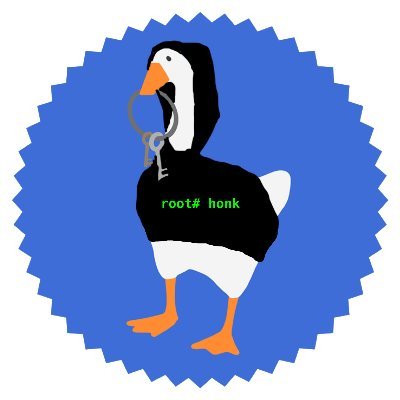tl;dr Today, we have added two new features that make our Semgrep Supply Chain product more powerful: Dependency Search and License Compliance.
Here's a preview: Dependency Search in action
Dependency Search in action
Introduction
We launched Semgrep Supply Chain last fall, with a vision of never seeing a "1644 vulnerable dependencies" alert again. In case you missed that launch: Using Semgrep's static analysis engine, Semgrep Supply Chain filters out over 98% of alerts, leaving you with a manageable list of vulnerabilities to worry about.
Since then, we've written 1,241 rules for Semgrep Supply Chain (and we add more every day!), covering all high and critical severity CVEs announced for npm, PyPI, Maven, RubyGems, and Golang packages over the past year. We've been delighted to see the overwhelmingly positive feedback from organizations already managing their supply chain security via Semgrep. Jessica Grider, Sr. DevSecOps Engineer at Policygenius, shared her 'eureka' moment with Semgrep Supply Chain because she was able to pinpoint a specific vulnerable function being used across projects, and the developers promptly resolved the issue across numerous repositories. This was something they were unable to achieve with other software composition analysis (SCA) tools.
Through our experience with early adopters like Policygenius, Vanta, and others, we’ve seen the value that reachability analysis brings to the table. But we know that securing the software supply chain doesn’t stop there. What about vulnerabilities that have no associated CVEs, or dependencies with non-compliant licenses? These issues can have huge consequences, as Panasonic Avionics Corporation found out!
So today, we’re launching two new features: Dependency Search and License Compliance, as part of our broader shift toward helping users gain more insights into their dependencies. One of our biggest learnings since launching Semgrep Supply Chain was that it’s not enough for security teams to just filter through open vulnerabilities. It’s also important to address the problem at the source by understanding why there are so many.
Dependency Search
Dependency Search allows you to query across your entire codebase for any dependency at any version, on-demand. Semgrep scans your lockfile and stores the content it scans so that you can get the most up-to-date dependency information whenever you want. Most importantly, this empowers you to look up anything you want, letting you investigate vulnerable packages in your codebase even before CVE disclosure.


 License Compliance configuration in Settings
License Compliance configuration in Settings License Compliance in Semgrep Supply Chain
License Compliance in Semgrep Supply Chain Configuring policies for License Compliance
Configuring policies for License Compliance


